As soon as Angus Braiden and Eli Davern put their pencils down after their final year 12 exams they set their sights on Parliament House in Sydney.
Subscribe now for unlimited access.
$0/
(min cost $0)
or signup to continue reading
The teenagers are part of the next generation of aspiring politicians getting their names on ballot papers across regional NSW ahead of the state election.
Growing up in Bowral, Mr Braiden, an 18-year-old pizza restaurant manager and Labor's candidate for Wollondilly, said young people were tired of being excluded from the conversation .
"We're not engaged with, we're talked at instead," he said.
He wants to stay in his hometown in the Southern Highlands for good but a lack of transport, training, employment and housing options may crush that dream.
"I want to stay here - and that's a lot of other people's thinking - but you can't really do that unless you've got something holding you here," he said.
"It seems to be the place for a tree change but we have no transport out here," he said.
"And there's no employment around here except hospitality."
Young, local political representation could help change that.
"We need representation that's local - that's me, I'm local, I'm from here, I've grown up in my community," he said.
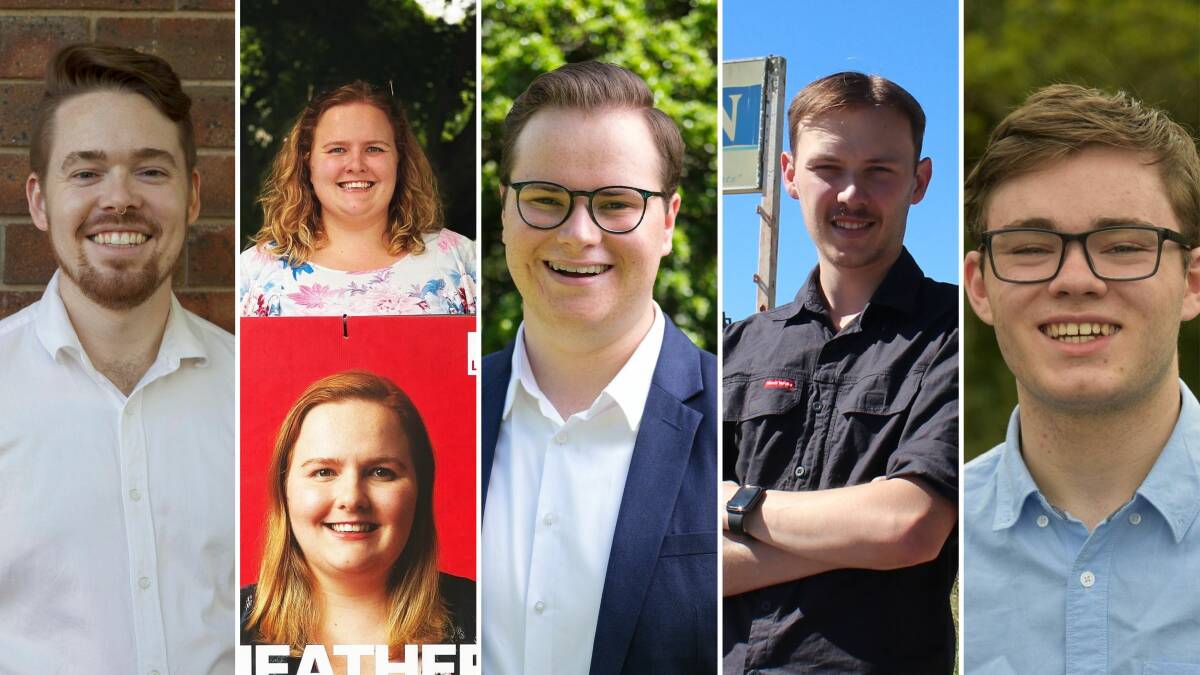
Millennials and Gen Z abandon major parties
Mr Braiden is not alone in bucking the stereotype of the middle-aged politician and taking to social media to engage young voters.
This age group could be a deciding factor in the election outcome, according to Australian National University's (ANU) Professor Ian McAllister.
His research found that Millennials and Generation Z voters had moved away from the two major parties in favour of independents and the Greens during the 2022 federal election.
The Coalition registered the biggest decline in support from young voters and won its lowest seat share since 1946.
Professor McAllister said the shift in voter behaviour was largely due to education and expectations.
"Voters have become more critical; they have expectations of what they want delivered," he said.
"Governments of both persuasions haven't been able to deliver what young people actually want.
"That has meant they are looking for third parties and other candidates."
'Fresh' ideas needed for new challenges
Labor's candidate for Barwon in the state's far west, Joshua Roberts-Garnsey, is part of a "new wave" of young candidates and knows first hand about the impact of education on young people's decisions.
The high school science teacher said kids were being "disenfranchised" by the under-resourcing of the public school system.
"Most of our classes are at capacity; there's schools begging for teachers just because we need warm bodies in the classroom," the 28-year-old said.
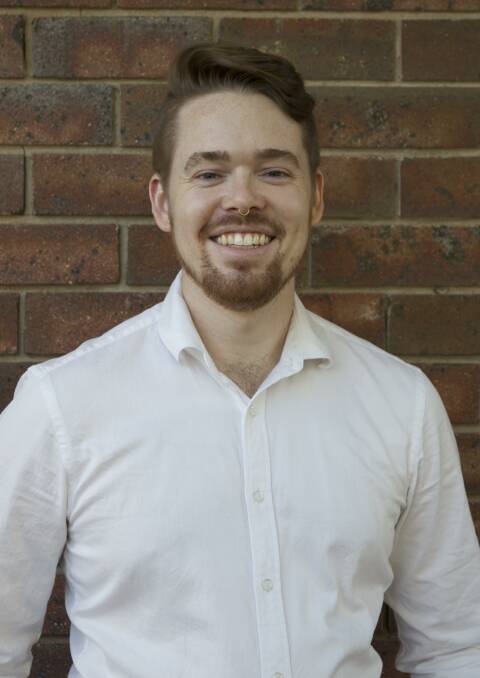
Regional state schools were losing students to the private system because they weren't equipped to nurture special abilities.
With a rotating door of teachers, particularly in regional schools, he said political leaders needed to understand the experiences of young people, including the impact of climate disruption and growing mental health problems.
"[Young politicians] have that fresh perspective - they're not running out of ideas, they've got fresh ideas to deliver to the table," he said.
Voters switch and stay for the long haul
The Greens and independents are increasingly attractive to young voters concerned about climate change, the environment and integrity.
Eli Davern, the Greens candidate for Albury on the Victorian border, said people were searching for new faces.
"In parliament you often see the same type of politician - the lawyer or the party boss - going into parliament and perpetuating that cycle of insider politics," the 19-year-old said.
"I think having young people in parliament, perhaps with different ideas but the same passion of moving things forward, can bring about a new generation of leadership."
In the past, a vote for the Greens or an independent has often been an opportunity to protest.
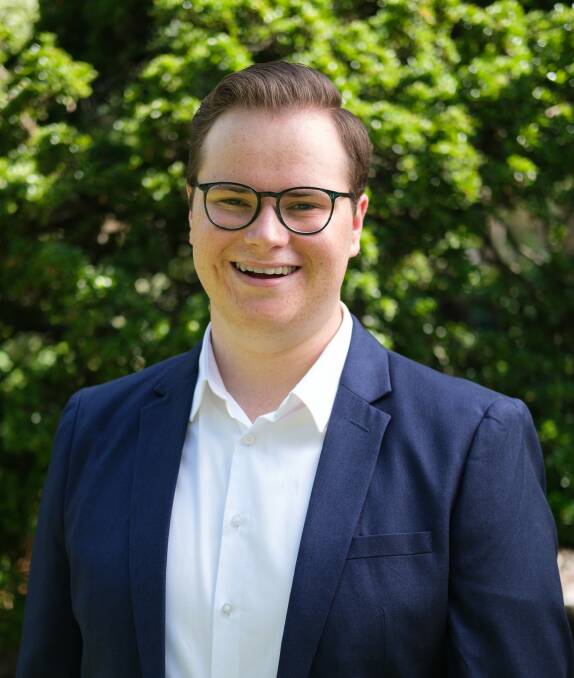
ANU's Professor McAllister said people tended to vote for minor parties maybe once or twice and then return to either Labor or the Coalition.
But in recent elections this has changed. Voters are sticking with the switch as they move away from the blue and red - and climate change is a big driver.
"People are voting green because that's now the party they identify with," he said.
"They're doing it largely because of climate change and wanting more action.
"That vote is predominantly young people."
Older, 'bitter' and making poor decisions
A former youth mayor and local Young Citizen of the Year, Mr Davern entered the world of politics during high school when he ran for the federal seat of Farrer against former environment minister Sussan Ley.
At the time Mr Davern faced questions about the extent of his life experience and whether he was fit to represent others.
"As far as I can tell life experience is one of three things: a bad relationship, a tragic incident or travelling," he said.
"If that's what it takes to be 'life experience qualified' in politics, no wonder we have decision makers who are bitter and making poor decisions."
The housing crisis and cost of living are hot topics among his friends.
"We've got regional communities like Albury who are really suffering," he said.
"I've met university students who have moved to Albury because they thought it would be cheaper and easier to live.
"They may as well have stayed in Melbourne or Sydney because of how expensive rental properties are here."
No wonder we have decision makers who are bitter and making poor decisions.
- Eli Davern, 19, Greens candidate for Albury in the 2023 NSW election
Professor McAllister said the fear of "economic insecurity" is guiding the decisions of people aged under 40.
"These are the people starting off the life cycle, starting to get married, have a family and are wanting to buy a house," he said.
"But they're finding it very difficult."
What matters to young voters?
Heather Dunn, Labor's candidate for Orange, said issues important to young people like public transport and education were being ignored.
The 28-year-old said she was hoping to bring a "younger perspective" to an area flooded with "older candidates".
"There's this perception that you can drive everywhere in town, so why would you even need to catch a bus?"
But organising a train trip to Sydney was a mission, she said, while affordable housing and TAFE funding were regular gripes for her age group.
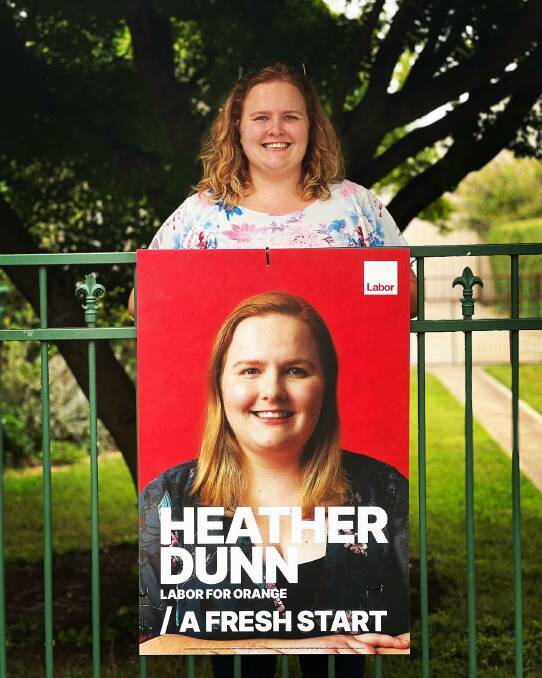
Our forgotten communities
Just 26 per cent of Generation Z, born after 1996, reported voting for the Coalition in the 2019 and 2022 elections. Over two thirds chose Greens or Labor, according to Professor McAllister.
No other generation has recorded such skewed preferences at similarly early stages of life.
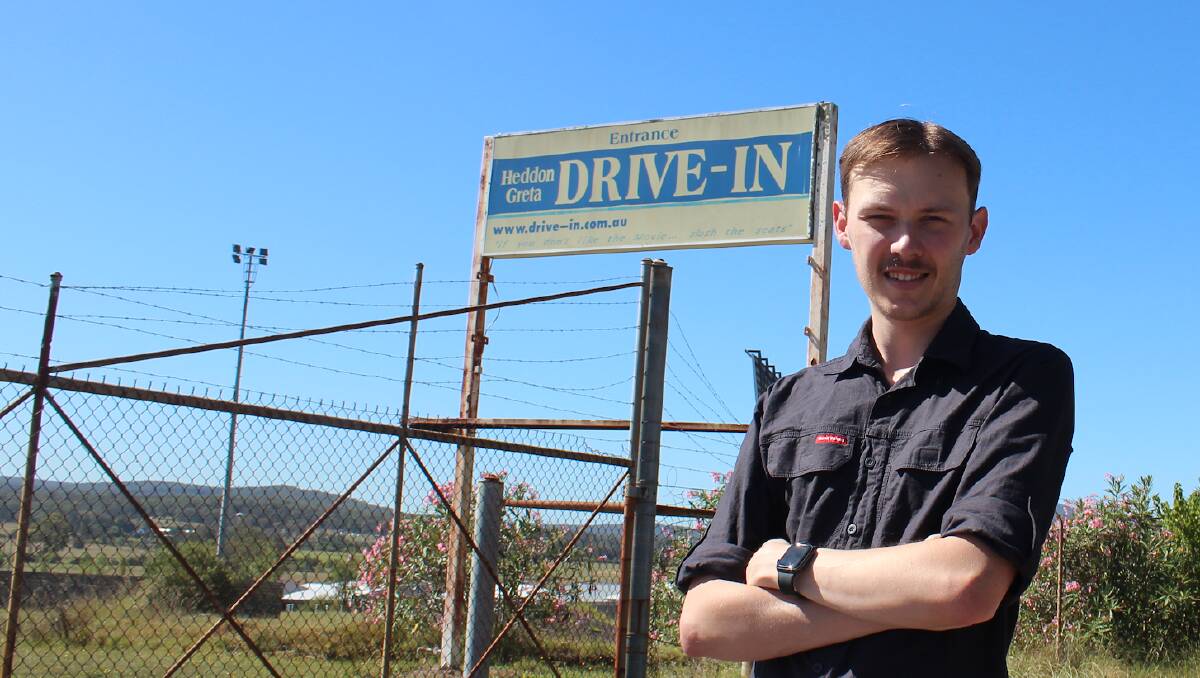
Despite a shift by young voters away from the Coalition, 21-year-old Nationals candidate for Cessnock in the Hunter region, Ash Barnham, said he's ready to work hard for his community.
From stacking shelves to doorstep deliveries, the business student said he was empowered by the fight for a fair share for his neighbours.
"We deserve world class health care, safer roads and great educational outcomes," he said.
"Our community has been forgotten about for too long."
"We need a member of Parliament who can put our people first, who can fight to fix our roads and deliver better services."
My story
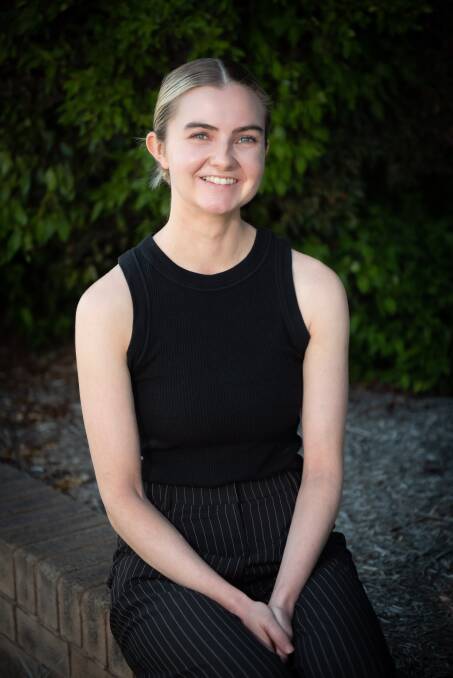
As a young female I've been dealt my fair share of mansplaining. What's just as bad is the youthsplaining.
Too often young people are left out of important decisions due to a lack of "life experience".
I'm not claiming to be an expert on politics but I've witnessed people my age fight fiercely for what they believe in and be pioneers for change.
I'm excited to see the emergence of policies and leaders with young people front of mind.
We've always had a voice but now it's time that voice is actually listened to.
- Young & Regional: My Vote Matters is an engaging and non-partisan multimedia ACM series focusing on the new generation of voters in our regional towns and cities as they consider the issues and candidates they will support at the March 25 election. Young people living in regional areas are key to a thriving NSW. They are the farmers, teachers, nurses, small business owners, tradesmen and women and police officers who will ensure the state is fed, healthy and sustainable. Their voice matters and their vote matters.


